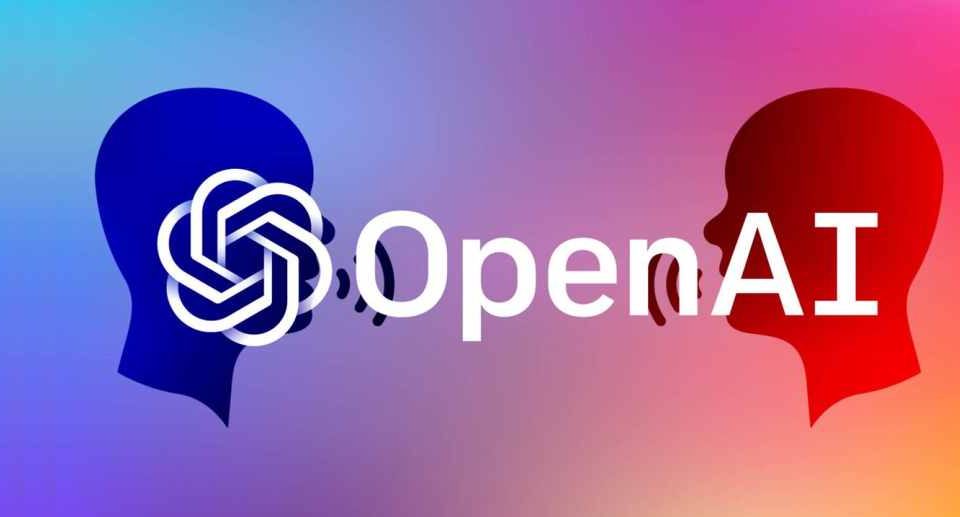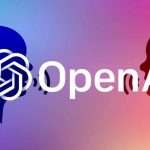ChatGPT Lawsuit: OpenAI sued for scraping and stealing private data from millions of people without their consent

OpenAI, the maker of the popular ChatGPT, has found itself in hot water again for allegedly scraping “300 billion words from the internet, including books, articles, websites, posts,” and personal information of people without consent. The lawsuit was filed in federal court in San Francisco on Wednesday.
The plaintiffs who described their occupations or interests but are identified only by initials to protect them from potential backlash and are represented by the Clarkson Law Firm. The plaintiffs claim potential damages of $3 billion, taking into consideration a category of individuals they believe to be in the millions, who have been adversely affected by the alleged actions, Bloomberg reported.
The anonymous individuals claimed that OpenAI ignored risks and violated privacy laws after it secretly conducted a massive web-scraping operation that involved the theft of private information of hundreds of millions of internet users without consent, According to Bloomberg, citing the 157-page class action lawsuit.
“OpenAI has violated privacy laws by secretly scraping 300 billion words from the internet, tapping “books, articles, websites, and posts — including personal information obtained without consent,” a section of the 157-page lawsuit reads. It doesn’t shy from sweeping language, accusing the company of risking “civilizational collapse.”
They further alleged that “Despite established protocols for the purchase and use of personal information, Defendants took a different approach: theft.”
Microsoft, which is said to be investing approximately $13 billion in OpenAI, was also included as a defendant in the lawsuit.
Meanwhile, there has been no immediate response from OpenAI’s spokesperson regarding the lawsuit, despite attempts to contact them via phone and email, Bloomberg added.
Secret AI Data Scraping
OpenAI, being a prominent player in the rapidly growing industry, is facing allegations in the lawsuit of engaging in a massive covert operation of web scraping. This action is said to violate terms of service agreements as well as state and federal laws related to privacy and property. One notable law mentioned in the lawsuit is the Computer Fraud and Abuse Act, a federal statute that has been previously invoked in similar disputes concerning scraping. Additionally, the lawsuit includes claims of invasion of privacy, larceny, unjust enrichment, and violations of the Electronic Communications Privacy Act.
The news comes a little over a month after NBC reported that “ChatGPT is powered by these contractors making $15 an hour.” The report stated that the success of ChatGPT comes partly from a sizeable, unseen army of contract laborers working behind the scene to educate AI systems on evaluating data and producing text and visuals.
Since bursting into the scene in November 2022, OpenAI has faced criticism from many advocacy groups. In March, a group of technology leaders including Elon Musk said that OpenAI GPT-4 “is biased, deceptive, and a risk to privacy and public safety” and asked FTC to stop new OpenAI GPT releases. In an open letter signed by Musk and Apple co-founder Steve Wozniak, tech leaders are calling for a six-month pause to the development of systems more powerful than OpenAI’s newly launched GPT-4.
The group added that OpenAI’s large language model (LLM) failed to meet the agency’s standards for AI to be “transparent, explainable, fair, and empirically sound while fostering accountability.”




